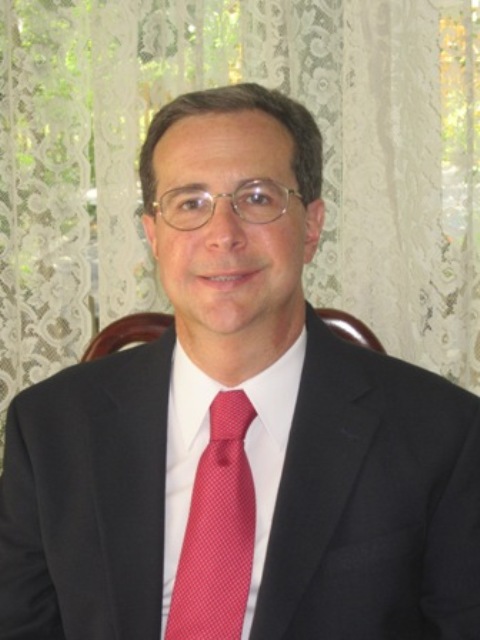 Most of us have fears of some sort or another. I know mine are very pronounced and in some instances go all the way back to my childhood. As a coach, one of the ones I witness frequently as I work with clients and meet with others is the fear of making a mistake. Those that are in a period of transition in their life have decisions to make. External circumstances have left them at a point they had not contemplated happening. They have made a choice that the status quo cannot continue as is. Whatever the reason for the new track they are about to embark upon, there is usually some sense of the unknown attached to it.
Most of us have fears of some sort or another. I know mine are very pronounced and in some instances go all the way back to my childhood. As a coach, one of the ones I witness frequently as I work with clients and meet with others is the fear of making a mistake. Those that are in a period of transition in their life have decisions to make. External circumstances have left them at a point they had not contemplated happening. They have made a choice that the status quo cannot continue as is. Whatever the reason for the new track they are about to embark upon, there is usually some sense of the unknown attached to it.
I remember five years ago when I was going through certification for my life coaching studies one of the concepts we were introduced to is there is no such thing as mistakes. Accepting that premise does take a leap of faith. However, if you do reposition your mind to look at your life as a journey where you will experience many things, some which may not go as you wish, others which may go as you thought or even better than expected, it does put you on the path to not looking as outcomes as mistakes.
Humans are a very judgmental species. We worry about what those around us may think of what we are doing. At other times we measure our success against that of our friend, our neighbor, a relative. However, if you were to stop to think about some of the happier people you know, often they are individuals who have become more comfortable accepting what has happened to them and then from that point of reference make the choice to take the next steps to move on with their life.
My coaching practice predominantly has me working with those in job search. The job search process, if approached from strictly the “mechanical sense”, has the ability to make searchers very timid and judgmental of themselves. Is my resume’ the right length? How much detail should I or should I not provide? Am I pursuing the right career openings? How should I choose to follow-up after that interview, by email, by telephone, by US mail letter? The questions and the doubt are endless. However, I have observed those who take to the process best are those who first of all view it as a campaign with a lot of moving parts. They realize it is not just developing your resume’, submitting job applications and sitting back and waiting for a response. There is a balance to what they do. In addition to constructing the traditional documents that are part of the job search process they look to meet with as many people as they can along their search. They will do research on companies which appeal to them as ones where they may want to work. Some will take the time to take a step back and assess their values as it relates to employment at this particular stage of their life. They have committed to go into the process as a campaign, of which they will take charge and accept what comes as part of the experience.
When one puts things in perspective it all gets down to the following. The quicker we’re able to remove or at least lessen the judgment of how we are moving forward toward our goals, the better the likelihood we will not get stuck in moving forward toward them. To the extent that we accept outcomes from decisions as just that, outcomes and not MISTAKES, the faster we realize we are on an overall journey. And, if we are confident in ourselves to realize if we learn a choice we make is not the best one for us and that we have the ability to change our mind and make a different choice, we’re not going to beat ourselves up over what we have done to date, but instead see it as a learning experience along the way.
If you have felt stuck recently in any aspect of your life, and can’t seem to move forward ask yourself, “What am I afraid of happening?” If the answer comes back that I’m afraid I’ll make a mistake, realize that you’re having made the choice and looking at the experience as “a learning experience along the journey” is a gift you have been given as part of your transition process.
